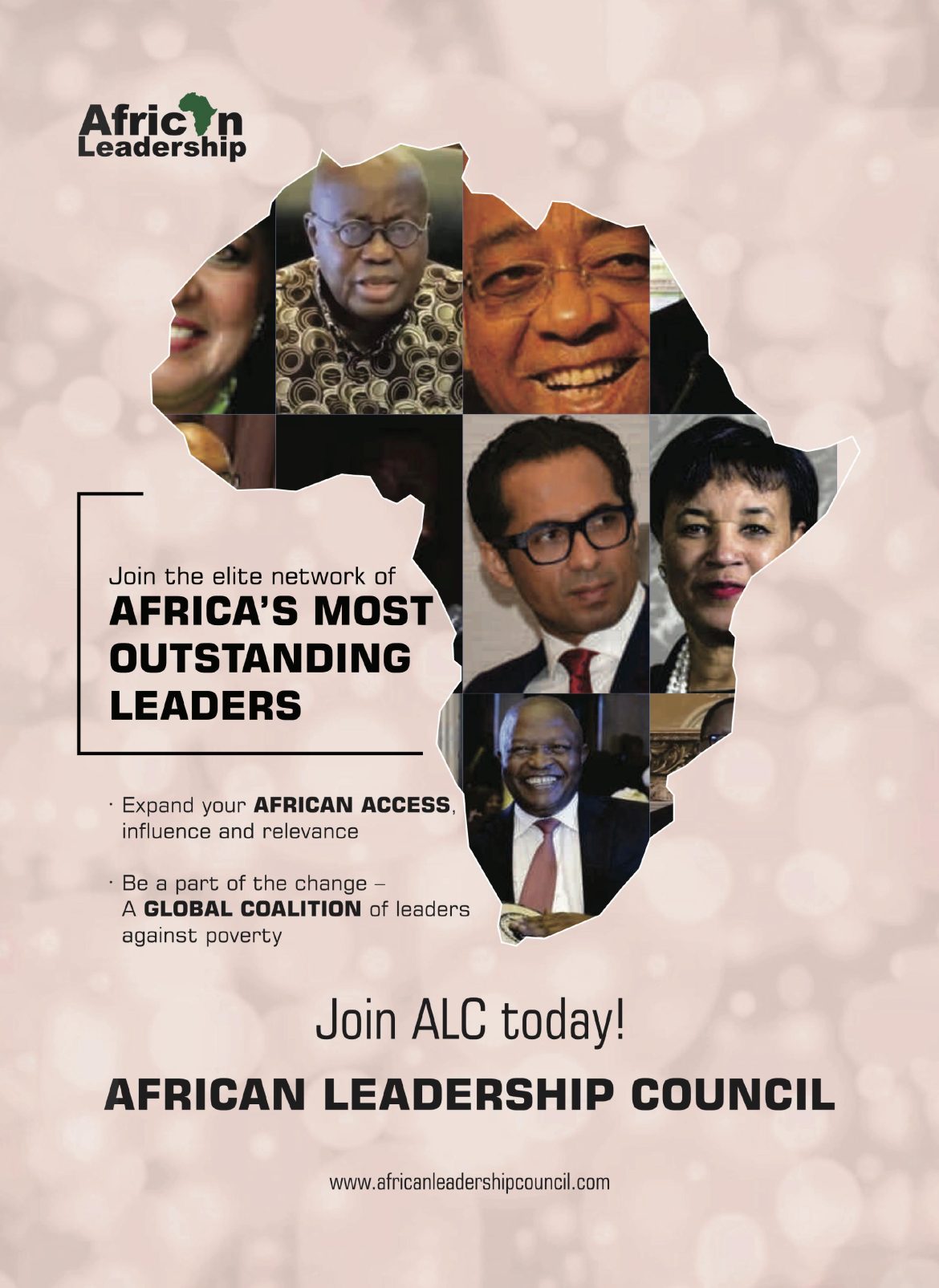494
By Daniel Adaji
Governments across Africa have been urged by the Mombasa Declaration 2025 to recognize the informal sector as basic to the region’s economic development.
The declaration also called on the governments to invest heavily in transforming traditional apprenticeships into quality systems.
The declaration, signed on May 16 by Secretary General of the Sub-Saharan Africa Skills and Apprenticeship Stakeholders Network (SASASNET), Ousman Sillah, capped the 2nd Sub-Saharan Africa Regional Conference on Quality Skills Development and Apprenticeship held in Mombasa, Kenya.
“We call upon governments to recognize, engage and promote the informal sector as a critical entity in their economic development strategies. We call upon governments to prioritize funding and implementation of skills transformation strategies,” the document stated.
The declaration noted that more than 80 per cent of Sub-Saharan Africa’s workforce operates in the informal economy, yet most apprenticeship systems in the region remain undocumented, unsupported, and under-recognized.
It added that youth unemployment, skills mismatch, and limited access to modern training tools continue to worsen the crisis.
Themed “Transforming Apprenticeship Systems in the Informal Economy for Youth Employability in Africa,” the three-day conference gathered representatives from 24 countries, including government agencies, AU bodies, the UN, youth groups, development partners, and informal sector leaders.
Participants pledged their support to transitioning from informal to formal economies through new policies and programs.
“We will develop regional and national strategies to facilitate the transition from the informal to the formal economy towards enhancing decent work,” the declaration added.
Central to the declaration was the call to upgrade informal apprenticeships into inclusive, responsive, and quality-assured systems.
“No skill is wasted and no worker left behind,” the document emphasized.
Other key commitments included establishing a continental Recognition of Prior Learning (RPL) policy framework, launching a SASASNET Youth Forum, aligning national qualifications with the African Continental Qualifications Framework, and developing an African Skills Passport.
The signatories further pledged to promote youth-friendly financial products and eliminate bureaucratic bottlenecks that hinder small business development.
“We will strengthen youth enterprises and access to finance,” it noted.
The declaration also urged the African Union Commission to adopt the African Decade for Skills Development (2025–2034) and integrate the Mombasa Declaration into the agenda of the next Summit of the Heads of State and Government.
“This Declaration represents our shared vision and collective will to transform apprenticeship systems across Africa, grounded in inclusion, relevance, dignity, and opportunity,” the document noted.
“We pledge to translate words into action—within our governments, institutions, and communities—to ensure that Africa’s youth are equipped, empowered, and elevated to lead the continent’s next chapter,” it added.
The conference was hosted by the Kenyan Ministry of Labour and Social Protection, the Kenya Skills Community of Practice (KSCOP), and SASASNET, which now operates in 43 African countries.



